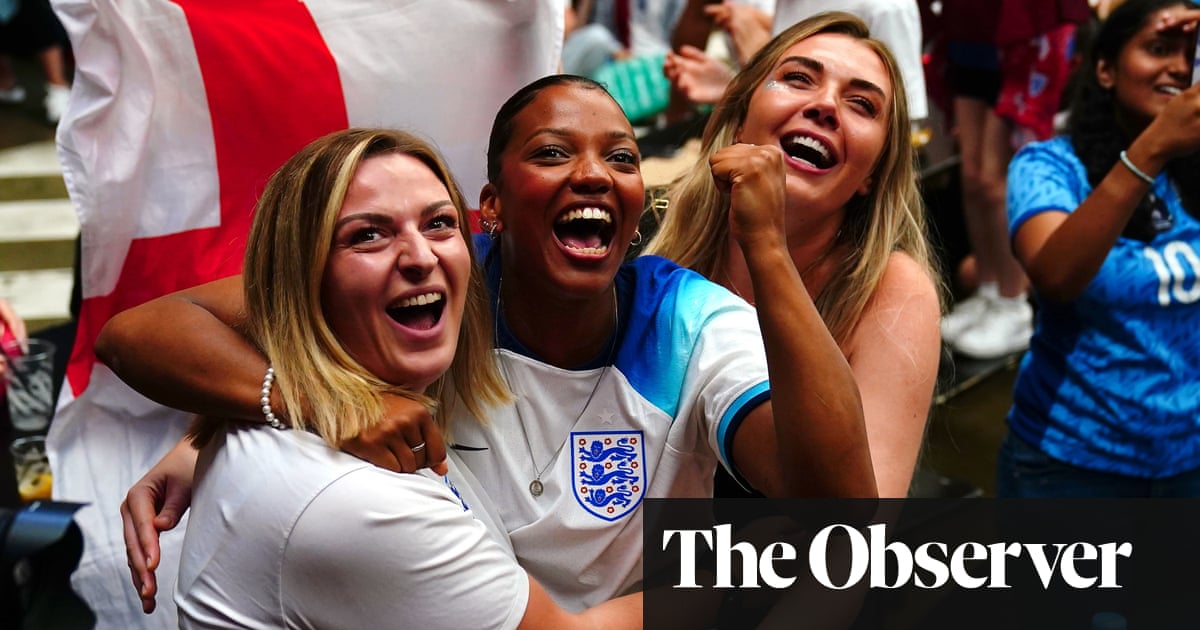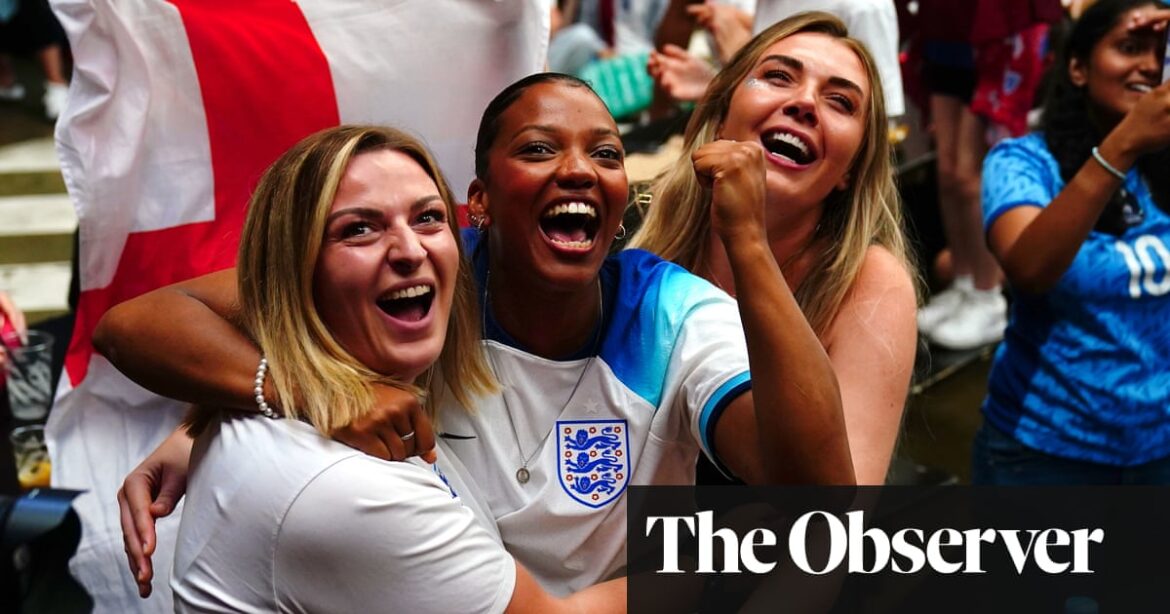
Football fans used to worry about getting a ticket into the ground. Now they are fretting about being able to book a place at the bar.
Bookings to watch England in Euro 2024 have soared in the last week as fans cottoned on to the fact that the nation’s first game in the tournament against Serbia will also fall on Father’s Day, this Sunday 16 June.
Although pubs and bars have seen customer numbers fall during the cost of living crisis, there is a strong appetite for following both England’s and Scotland’s fortunes in Germany.
Nearly half (46%) of British adults plan to watch the tournament, according to market researcher CGA by NIQ, with most planning to watch in a pub or a bar. And, unlike previous tournaments, people seem more likely to plan ahead, with some booking pubs more than two months in advance.
Fanzo, the sports bar finding site, said that bookings were at the same level as they were during Euro 2020, which was held in 2021 during the pandemic, when Covid rules meant pubs had to provide table service.
Searches on Fanzo and DesignMyNight revealed that plenty of venues were already full to capacity, a week before England’s opening game. Larger ones were particularly popular – Box in Leeds city centre, Bermondsey Bierkeller in London and the capital’s BoxParks in Shoreditch and Wembley had no tickets left.
Jim Gallivan, general manager of the Bermondsey Bierkeller, said he had expected that people would celebrate Father’s Day in suburban areas rather than coming into city centres.
“I thought it would be challenging to sell evening tickets as it’s Father’s Day, but surprisingly they’ve gone a lot quicker than I thought,” he said.
The British Beer and Pub Association (BBPA) estimates that total sales during the four weeks of the tournament will be nearly 300m pints – both alcoholic and low- or no-alcohol – worth £1.4bn. England’s fortunes are a key factor, according to the BBPA’s statisticians, who calculate that pubs will sell about 19.5m extra pints even if the team only puts on an average performance. Should they reach the quarter finals, that would mean up to 8m extra pints per game.
Despite the rivalry with England, it seems that plenty of people in the south are also keen to watch Scotland – there are more bookings on Fanzo to watch their opening match against Germany on Friday 14 June than England’s third group-stage game against Slovenia on 25 June.
But the really big match will be England v Denmark, which accounts for 44.9% of bookings for all Euros games so far, according to Dominic Collingwood, Fanzo’s co-founder.
after newsletter promotion
“In general, pre-tournament bookings are in line with 2021, which is remarkable given it was a requirement to book three years ago, due to Covid restrictions,” he said. “People don’t have cash in their pockets at the moment and you’ve got pints at £7.20.”
As a result people tended to go out less often, but spent more when they did, Collingwood said, which meant that pub operators had seen their revenues flatten out. But people would still come out to watch sport in the same numbers as they used to, which offered a glimmer of hope to the pub trade.
The growth of large fanzone-style venues was also playing a part, Collingwood added. “We’ve seen the ‘Boxparkification’ of top sports sites – turning games into a full-day event with music and entertainment.”
Emma McClarkin, BBPA chief executive, said: “The pub was missed by so many people during lockdown, and the pandemic had a devastating impact on a sector which has faced significant challenges since.”
The importance of sport means that gastropubs are also trying to find ways to screen football matches. Sam Bourke, marketing director at Fuller, Smith & Turner, the pub and hotel group, said some people were booking spots up to two months before the games.
She said the firm had invested in new screens, and staff would turn up the sound when the teams came out on to the pitch. “Attention to detail is everything – [we want to make sure customers] never miss the collective emotion of the national anthem, and no moments are missed because of a wait at the bar.”
Source: theguardian.com



